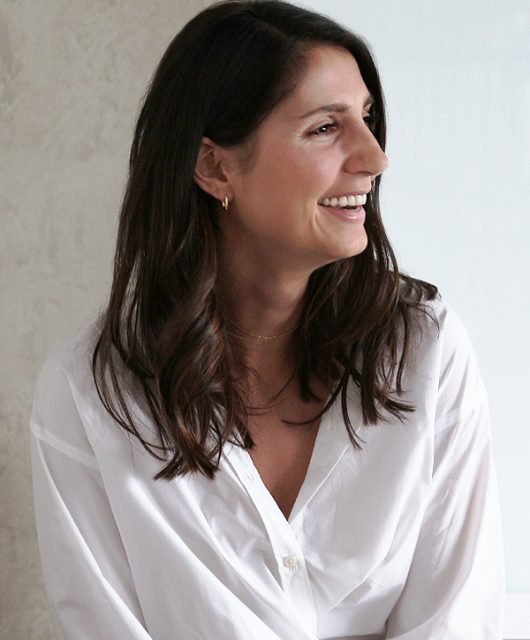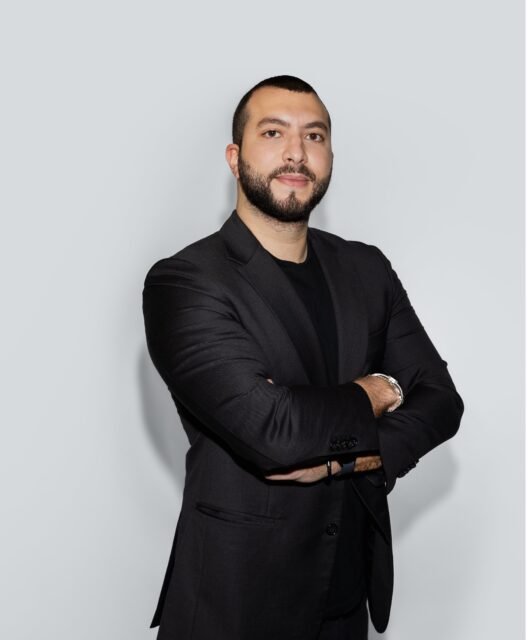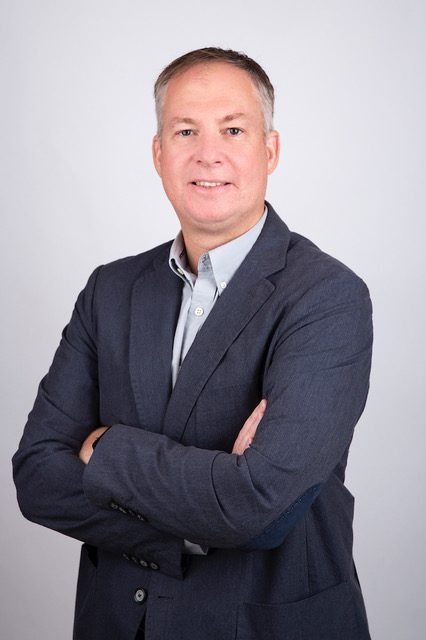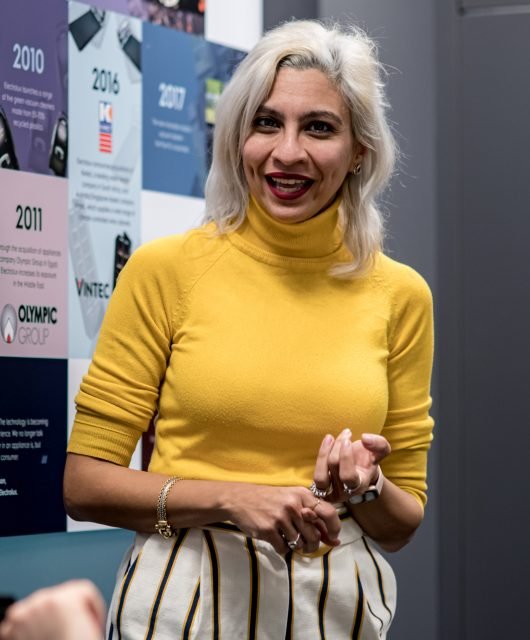The Modern Marketer. Gender Bias., By MMA’s Melis Ertem
A marketers role in building an inclusive future: From levelling the business playing field to rethinking gender bias in campaigns.
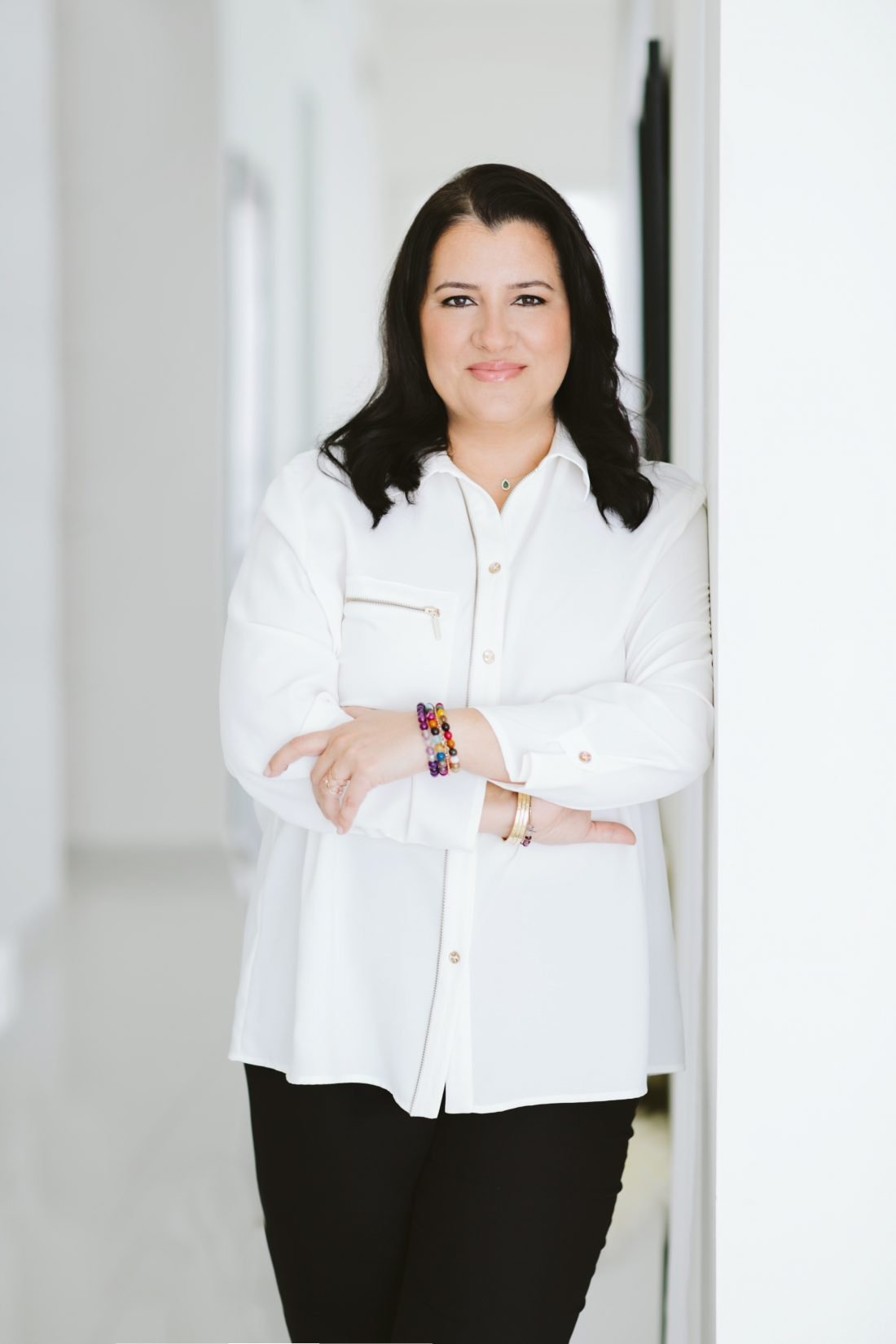
A significant transformation is slowly taking place across our industry. Can you see it? Can you feel it? We are witnessing a welcome shift away from pushing products and services, towards championing change and equality. Businesses are starting to prioritise organisation wide inclusivity, and campaigns that perpetuate gender bias are thankfully being called out. Ultimately, marketers have a vital role to play in shaping a more inclusive society.
Today’s marketers must be catalysts for change. Together we must advocate for equality and fairness in business and society. In 2020 McKinsey reported that women make up only 6.8%-10% of senior managers across Egypt KSA and UAE. It is clear that the playing field needs to be levelled.
But this change doesn’t happen overnight. So, what is the picture today? And what can be done to foster meaningful change beyond flagship days like International Women’s Day?
Gender bias in business today
In 2020, Statista reported that the share of female top management in the Middle East and North Africa was at its lowest at around 4.5%. The Global average for that year was 15.1%. Fast forward 3 years and the Advancing gender equality in the Middle East Workforce 2023 report from Bain & Company explains that gender bias and stereotypes are to blame. 70% of the women surveyed cited it as significantly hindering their workplace advancement. It’s not just research highlighting a need for change, these statistics came to life during the Mobile Marketing Association’s (MMA) latest SMARTIES NEXT! Conference this May. One standout session between Advertising Business Group (ABG), Interactive Advertising Bureau (IAB), The Marketing Society and MMA highlighted that most mid-management women do not reach senior management positions due to lack of support and cultural bias. The evidence is clear, women are being held back from corporate leadership advancement.
Although the picture today seems gloomy, there are drivers for change working hard and positive moves are being made. This year, The Marketing Society launched Think Equal, a programme aimed at accelerating gender equality at mid and high levels of management in the Marcomms industry in the Middle East. Initiatives like Think Equal aim to align our industry and will, I believe, inspire a positive change.
Campaigns must tackle gender bias
Gender bias in organisations is only one side of the story. There is a growing awareness among marketers about the impact of gender bias in campaigns. You don’t have to look too far back in history for examples of campaigns perpetuating harmful stereotypes.
Ad analysis from CreativeX revealed that in the past two years alone representation of women in TV ads has reinforced gender bias. Of the 10,000 ads analysed, 34% featured more women than men, but portrayals of women in traditional domestic or family settings more than doubled in 2022, rising to 66%. On top of this, the percentage of women portrayed in professional settings decreased by nearly two thirds, from 16% in 2021 to just 7% in 2022. In addition, only 22% of the adverts studied as part of the World Federation of Advertisers 2020 Unstereotype Metric Report featured a mixture of individuals with different ethnic origins and skin colours, and 5% featured individuals from the LGBTIQ+ community
Progress is needed across the board and contemporary marketers must break away from these norms. Campaigns need to be reimagined to depict individuals of all genders as empowered and multifaceted beings, challenging the old-fashioned notions of masculinity and femininity.
Shaping the future
Today’s marketers must evolve into powerful agents of change. We are no longer confined to promoting products and must embrace a wider responsibility for building an inclusive landscape. By levelling the business playing field and challenging gender bias in campaigns, marketers can contribute to a more equitable society. This transformation won’t happen overnight but marketing is already playing a central role in shaping a better, more inclusive future for all.

